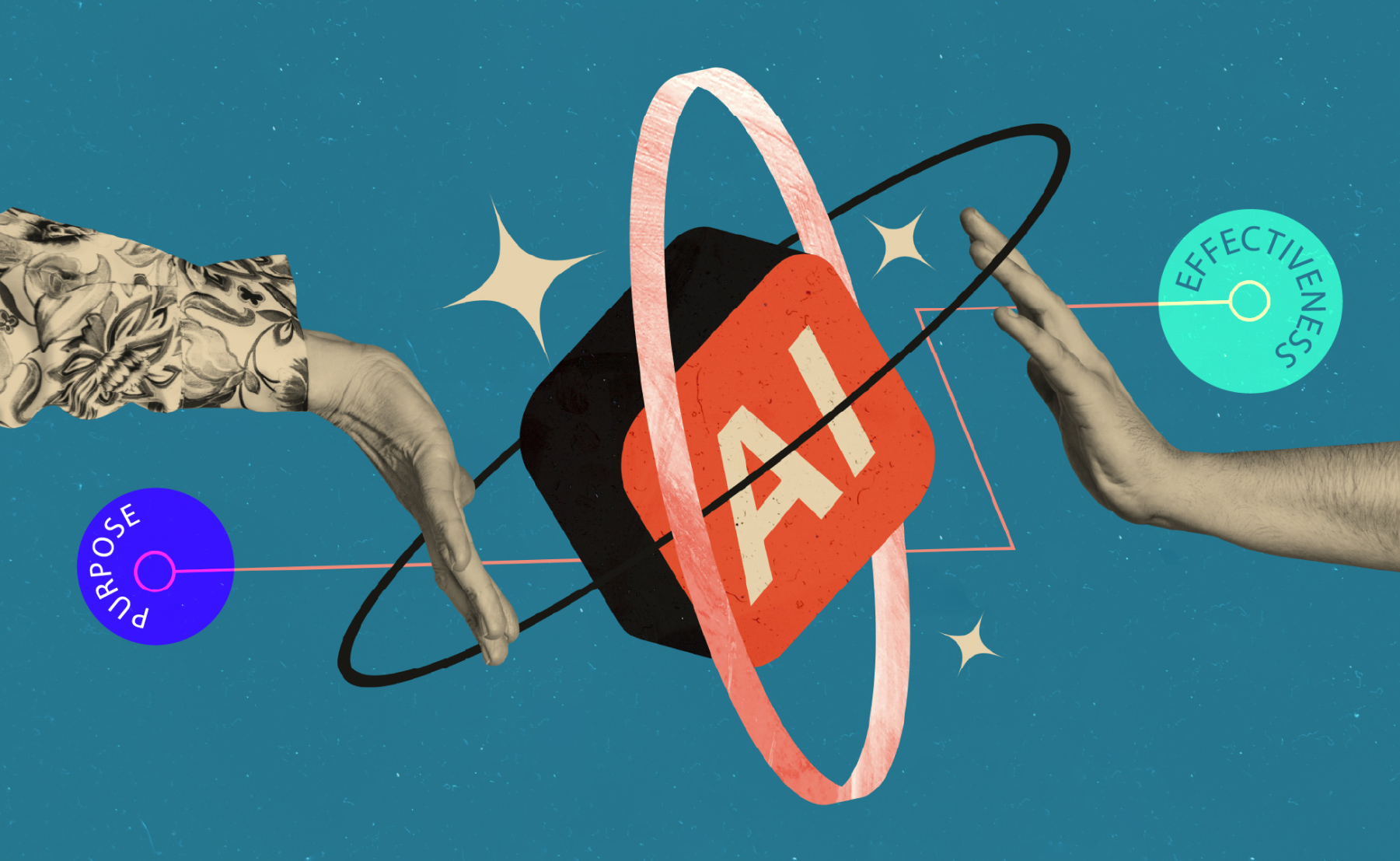Kiandra Insights
Your regular dose of insight from our team of passionate Kiandrians who share their thoughts, opinions and the latest news at Kiandra HQ.

How low code is transforming app development in insurance
Low-code development is changing how insurers build and modernise their systems. It’s faster, more flexible and helps bridge the gap between IT and business. Learn how platforms like OutSystems, and Kiandra’s delivery expertise, are helping Australian insurers move beyond legacy systems and deliver better digital experiences.

Your legacy software is on borrowed time
Your legacy systems are quietly costing you time, money, and opportunity. Learn why they are on borrowed time and how a modern, low-code approach can help you move forward with confidence.

Replacing legacy systems with modern custom software
Many organisations across Australia still depend on systems built decades ago. These platforms once did the job, but they now act as barriers to growth. They are costly to maintain, difficult to scale, and risky to secure. More importantly, they can no longer keep pace with the expectations of staff and customers.

Software without security is a disaster waiting to happen
Not long ago, many businesses only considered security after a breach occurred. Today, that approach is too risky. Security needs to be designed into software from the very beginning and treated as a non-negotiable part of the software development life cycle.

Five reasons your digital transformation might fail
Not all projects succeed. In fact, research shows that around 70% of digital transformation initiatives fall short of expectations. The result? Wasted time, investment and resources. With more than $1 trillion being invested globally in digital transformation, this is an initiative you’ll want to get right.

The role of the Product Owner in successful software delivery
At Kiandra, we work closely with Product Owners to bridge the gap between their organisation’s needs and our delivery team’s technical expertise. This collaboration is crucial for keeping the project aligned to business goals, managing scope effectively, and ensuring value is delivered.

If you want trustworthy AI, don’t start with the tech
“How do we make sure our AI systems behave responsibly, not just accurately?” We get this question a lot. Usually after something has already gone a bit sideways. Here is the short answer: You build responsibility into AI from the very beginning. Guided by our B-Corp principles, we see responsible AI as a balance of purpose and effectiveness.

Lovable app review: AI prototyping and product ideation tools for clients
When working with clients in the earliest stages of a project, speed matters. The faster we can turn ideas into something visual, the sooner we can test assumptions, get feedback, and align on a direction. That’s where product ideation tools like Lovable come in.

What AI means for the software you already have
AI is reshaping how software is built, used and maintained but most organisations aren’t starting from scratch. They’re working with what they already have: legacy platforms, off-the-shelf SaaS, or custom tools that still perform core business functions.
Let’s discuss your next project
Whether you’re curious about custom software or have a specific problem to solve – we’re here to answer your questions. Fill in the following form, and we’ll be in touch soon.







.svg)



